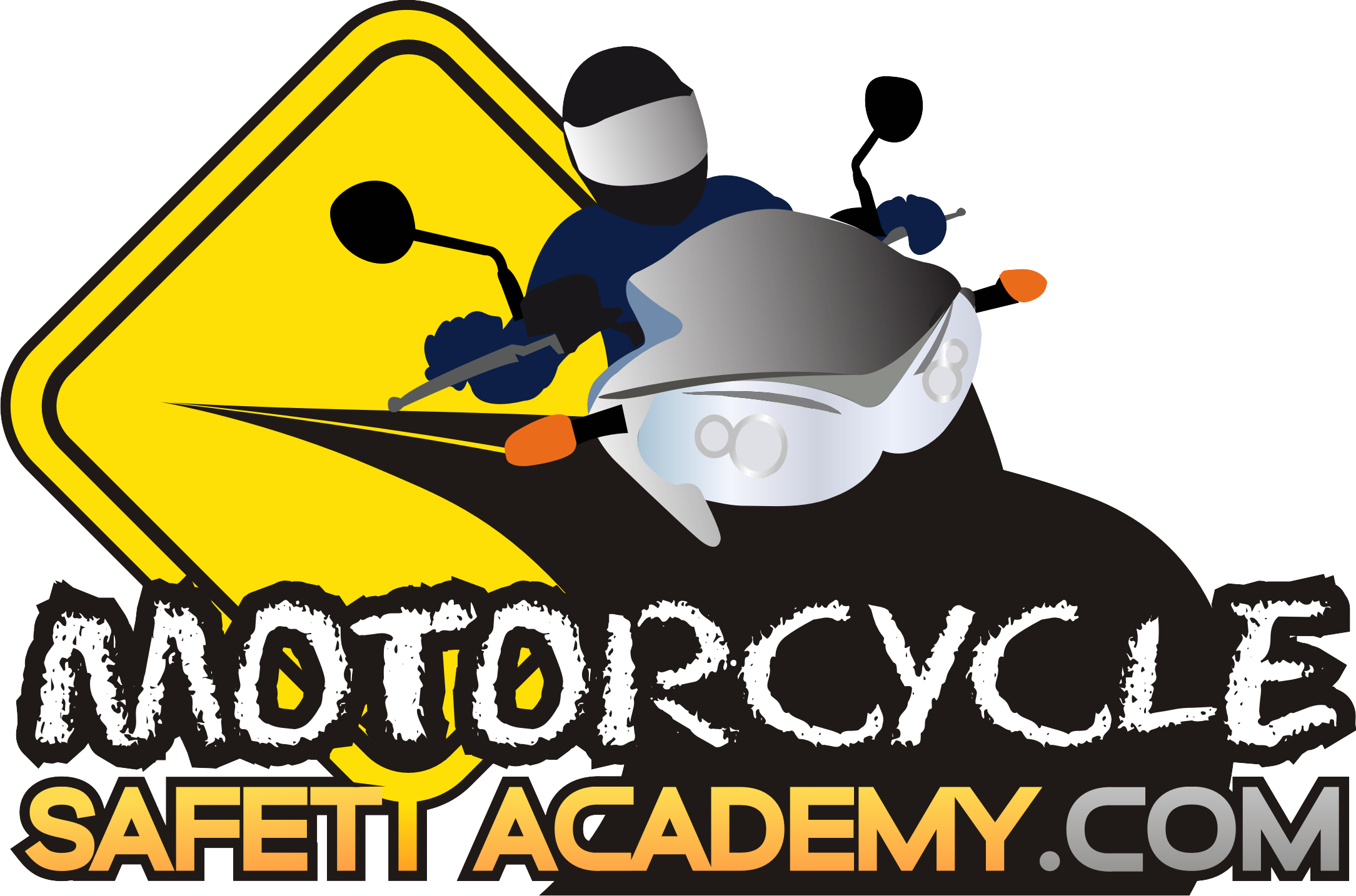






This course provides the in-depth knowledge needed to become a certified MSF motorcycle safety instructor. Students will participate in a fast-paced classroom and on-site training to improve their teaching skills and ability to conduct peer and student teaching sessions. The training helps to enhance overall perception and hazard awareness for instructors.
This course provides the required course work for students interested in becoming a certified MSF motorcycle safety instructor / RiderCoach. Students need to have an in-depth background and knowledge of riding and the motorcycle industry. The course includes approximately 60 hours of either on-site or hybrid (online / on-site) instruction depending on location.
Prerequisites Students must be experienced riders.
Core Curriculum During the course the student will discuss various topics including how to become a certified MSF motorcycle safety instructor based on the BRC curriculum. The student will practice teaching in the classroom, learn how to manage riding exercises and how to evaluate and coach new riders as they develop their riding skills.
The student is required to peer teach the BRC curriculum to other classmates. The student is also required to successfully complete student teaching to a group of new riders to qualify for the MSF instructor certification.
During the initial riding activities and throughout the course, instructor trainers will evaluate and coach each student's ability to operate a motorcycle and overall performance. Students who cannot demonstrate minimum riding proficiency will not be allowed to continue and will not be eligible for a refund. The course concludes with a course evaluation and overall course wrap-up.
Motorcycles are available for use and are included in the course fee. Riders can elect to use a program training motorcycle, or they may use their personal motorcycle if it is street legal and they transport it to the training site legally. Personal motorcycles must be in good operating condition and shall pass a routine pre-ride check before it can be used in the course.
Riders must have the appropriate riding gear, which includes a DOT certified helmet, eye protection, long sleeve shirt or jacket, full-fingered gloves, long pants and sturdy over-the-ankle footwear.
Disclaimer
There is no guarantee that an individual enrolling in this course will pass.




This course provides the in-depth knowledge needed to become a certified MSF 3-Wheel motorcycle safety instructor. Students will participate in a fast-paced classroom segment and riding sessions to improve their teaching skills. Students will also learn how to successfully conduct peer and student teaching to prepare for certification.
This course provides the most information for students interested in becoming a certified MSF 3-Wheel motorcycle safety instructor. Students need to have an in-depth background and knowledge of riding and the motorcycle industry. The course includes approximately 16 to 24 hours of training.
Prerequisites
Students must be experienced riders.
Core Curriculum
During the course, a student will learn how to become a certified MSF 3-Wheel motorcycle safety instructor based on the 3-Wheel BRC curriculum. The student will practice teaching in the classroom, learn how to manage riding exercises and how to evaluate and coach new riders as they develop their riding skills.
The student is required to peer teach the 3-Wheel BRC curriculum to other classmates. The student is also required to successfully complete student teaching to a group of new riders to qualify for the MSF 3-Wheel instructor certification.
During the initial riding activities and throughout the course, instructor trainers will evaluate and coach each student's ability to operate a motorcycle and overall performance. Students who cannot demonstrate minimum riding proficiency will not be allowed to continue. Students who are not allowed to continue will not be eligible for a refund and may have to pay an additional fee to be enrolled in another Instructor Preparation Course. The course concludes with a course evaluation and overall course wrap-up.
Motorcycles are available for use and are included in the course fee. Riders can elect to use a program training motorcycle, or they may use their personal motorcycle if it is street legal and they transport it to the training site legally. Personal motorcycles must be in good operating condition and pass a routine pre-ride check given as a part of the course. Riders must have the appropriate riding gear, which includes a DOT certified helmet (PA requires helmet to be open-face / three-quarter or full-face helmet), eye protection, long sleeve shirt or jacket, full-fingered gloves, long pants (no ripped jeans, sweat pants or other soft material) and sturdy over-the-ankle footwear.
Disclaimer
There is no guarantee that an individual enrolling in this course will pass.
For Quick Registration Call Us Now
Whether you’re a beginner or an experienced rider, our courses are designed to enhance your skills, improve safety, and boost confidence on the road. Explore our structured programs tailored to all levels of riders.
Whether you’re a beginner or an experienced rider, our courses are designed to enhance your skills, improve safety, and boost confidence on the road. Explore our structured programs tailored to all levels of riders.
What you’ll get
What you’ll get
What you’ll get
Join our digital mailing list and get news and exclusive deals.